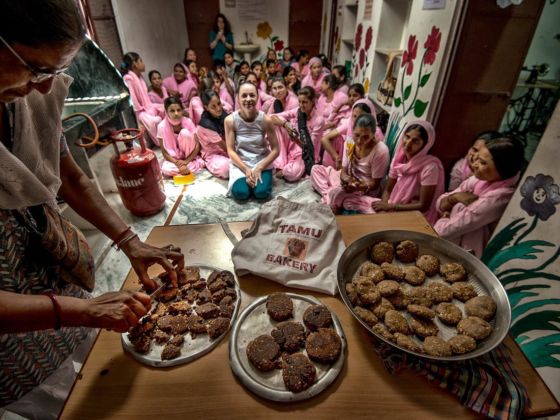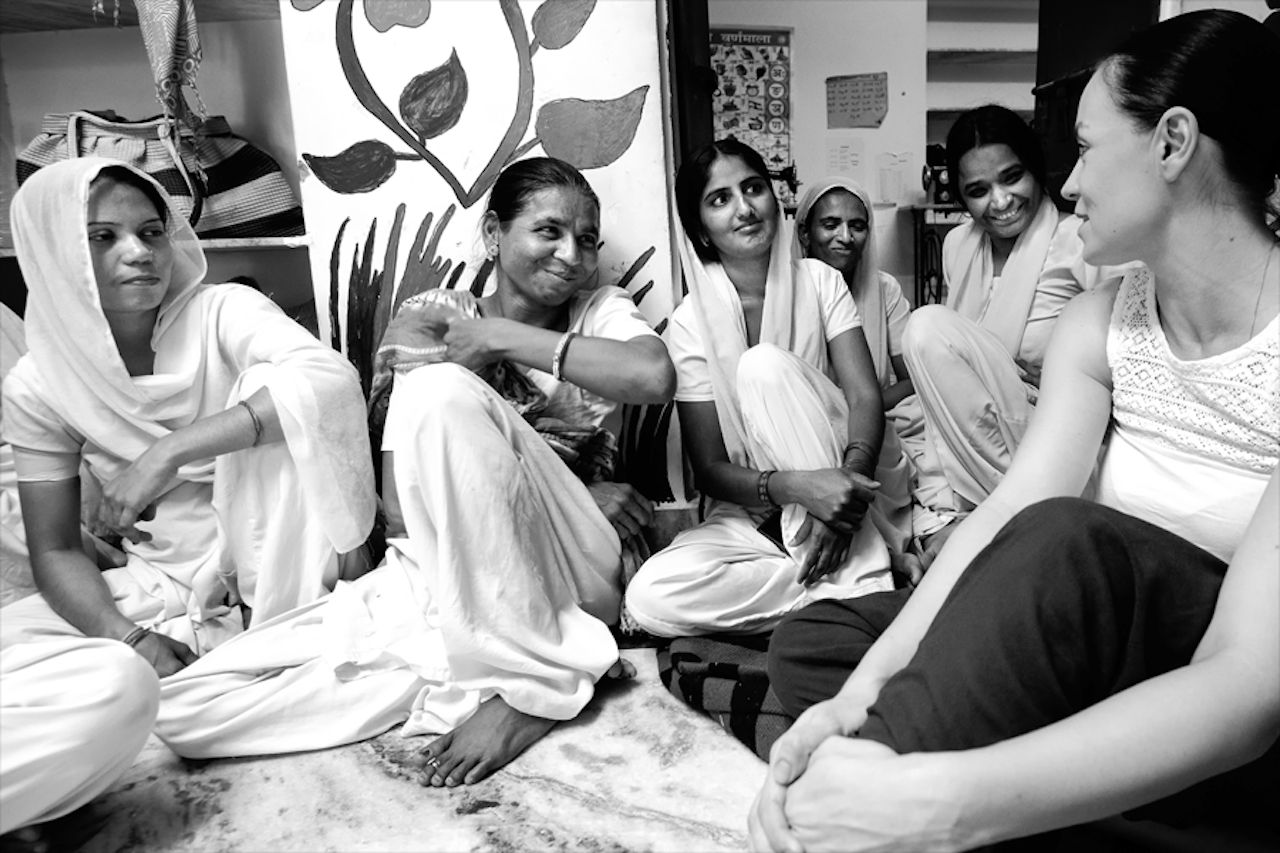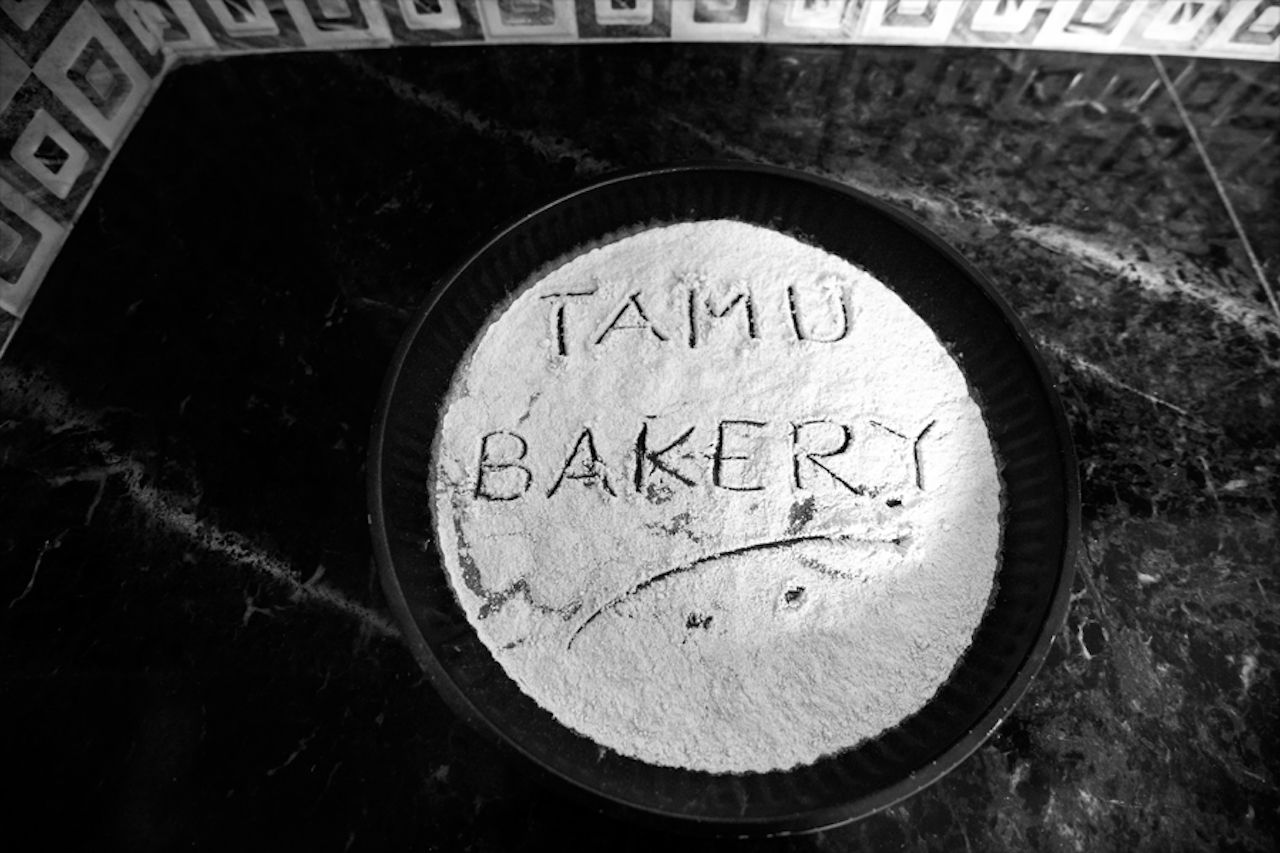In 2012, I had my very own Eat, Pray, Love moment. Recovering from a rare type of cancer in my late twenties, I decided to change my life radically. All thanks to baking.
During the anxious time of this medical drama, I found the simple and repetitive nature of kneading dough by hand utterly absorbing and very calming. I noticed that no matter how stressed I was, baking made me feel alive. While baking, your senses are stimulated. You touch, see, and smell, and this increases feel-good endorphins in the brain. To top it all off, you get the pleasure of seeing others enjoying what you’ve lovingly made. Baking became my savior, my passion, and a kind of meditation all rolled into one.




